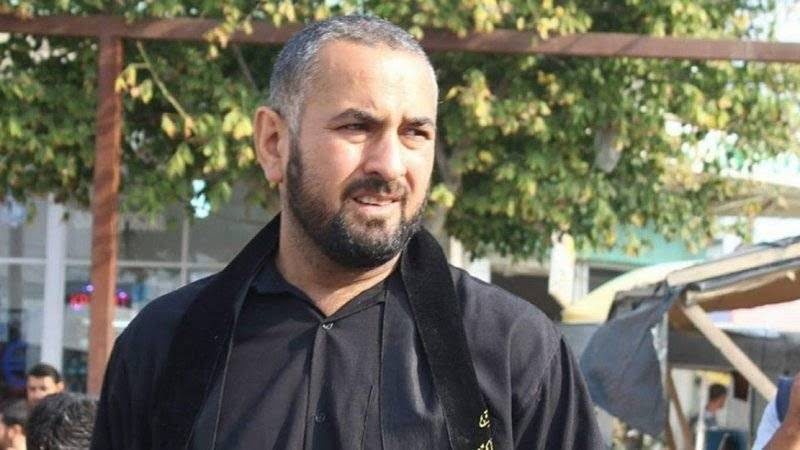The Human Rights Education and Monitoring Center (EMC), a local watchdog, has released a statement slamming an interrogation of Mirtagi Asadov, a Shia Muslim cleric, by the State Security Service (SSG) on April 17 in connection with the ongoing investigation into alleged case of sabotage in quarantined Marneuli municipality.
The said action by SSG constituted “a violation of the principles of the rule of law and the social state,” and was “yet another example of excessive intervention” of the security agency into minority-related issues, EMC noted in a statement released on April 18.
According to the statement, Mirtagi Asadov, who chairs the Administration of All Georgian Muslims, the official governing body of Sunni and Shia adherents of Islam in Georgia, along with a founder of that organization, was questioned concerning the “social protests” by Marneuli and Bolnisi residents allegedly objecting to the strict quarantine regime.
EMC argued that interrogation of the said persons and launching of an investigation by SSG were aimed at “quelling the social protest” and “intimidating certain people.”
In the meantime, EMC stressed, high clergymen of the Georgian Orthodox Church continued flouting the laws amid the state of emergency – violations that had gone unnoticed by the state authorities.
According to the watchdog, for several days now, residents of Marneuli were protesting “humanitarian crisis” – triggered by the imposition of strict lockdown measures – by honking horns of their vehicles at 9 pm for five minutes without leaving their houses. “Their protest was incited by the practice of selling products at below the market prices, and unjustifiable price increases in grocery stores,” mentioned EMC.
During the interrogation, EMC noted, the said persons were demanded to explain their grounds for sharing information about the protests in social networks, whether they had been informed about the threat of COVID-19 spread, and whether they were planning to incite locals into violating state of emergency regulations, and to foment social unrest.
According to the watchdog, the interviewees provided the authorities with “exhaustive” answers and denied allegations of any wrongdoing. They told that “holding protests after 21:00 was aimed at observing the quarantine regime,” EMC added.
It is obvious, that the “form, substance, and other circumstances in relation to these protests” did not, in any way, indicate the breach of the March 21 presidential decree declaring the state of emergency, or violation of any articles of the Criminal Code of Georgia, including sabotage, the watchdog stated.
EMC emphasized that the freedom of expression, guaranteed by the Article 17 of the Georgian Constitution, was not restricted under the state of emergency by the March 21 decree. Additionally, it said, expression of protest by honking vehicle horns could not be considered as an act “undermining the state or of a sabotage.”
Against this backdrop, actions by the State Security Service create a sense of inequality among the locals (ethnic minorities) and run counter to “the constitutional principles of the social state,” said the CSO.
- Fourth Day of Quarantine in Marneuli – Interview with Kamila Mamedova
- CSOs Concerned over Xenophobic Remarks against Ethnic Azeris in Quarantined Marneuli, Bolnisi
The watchdog called on the Georgian government to “resolve the social crisis and discontent created in Marneuli and Bolnisi municipalities by means of implementing relevant social policies, which will be based on the actual needs, worries and interests of the local population.”
EMC also called on the State Security Service to “ensure equality of citizens under the law and safeguard effective realization of the freedom of expression.”
It further appealed to the Security Service to cease an investigation due to lack of pertinent legal basis under the article 318 of the Criminal Code, as well as due to absence of crime evidence.
Also read:
Watchdog: Muslim Cleric Summoned by Security Service for Interrogation over Alleged Sabotage
This post is also available in: ქართული (Georgian) Русский (Russian)

